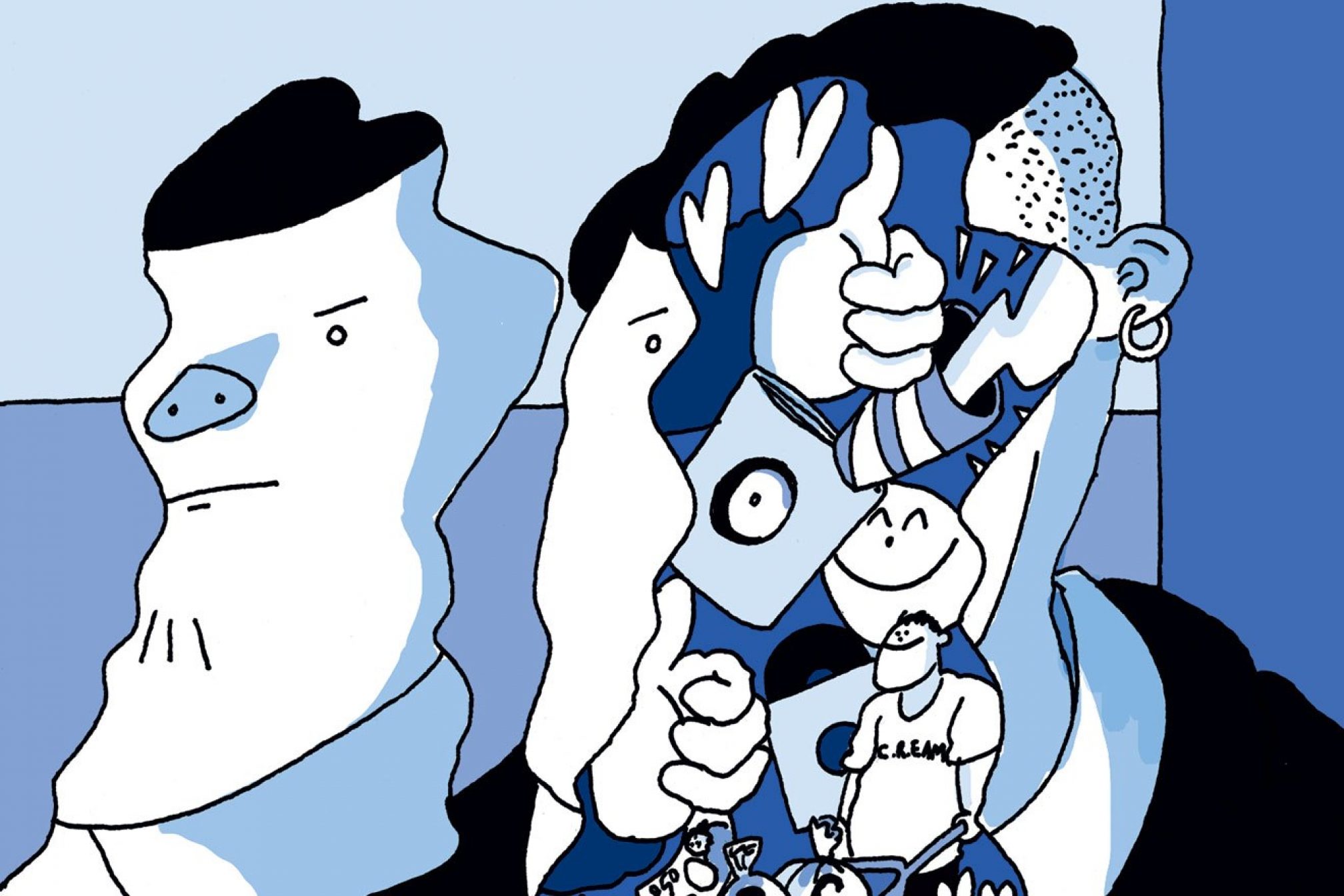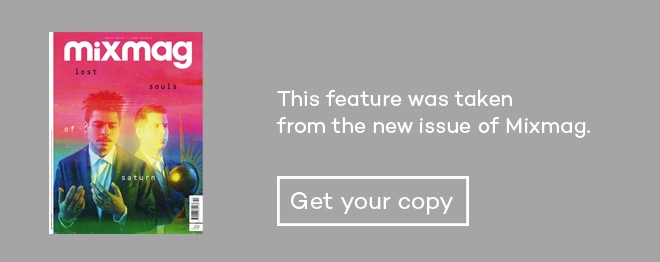 Features
Features
The Secret DJ: The artists who keep it real are usually the ones around for the long run
Fiction and white lies keep the industry spinning, but the truth can set you free
Industries operate an alternate reality that has to exist for them to function. Take, for example, the fluffy and false bonhomie that actors display for each other. It’s hilarious watching from the outside, but necessary for them to function and reach the emotional places the job demands. In order to make a connection to the rest of the cast they have to pretend that they are closer to each other than reality would suggest. Similarly, a pro DJ’s performance doesn’t end when they step off stage. “Great set-up,” we’ve all forced through gritted teeth to the promoter, not wishing to lose any future bookings – despite the fact that the monitors were honking, the sound tech was a displeased Victorian sourpuss and the lack of drinks left you dryer than your mum’s opinion of your career.
To be fair, a lot of it comes naturally to us. Most DJs – well, those who didn’t get their break via SoundCloud before the arrival of puberty – have some experience of the blagging culture that permeates dance music. I spent much of the early 90s poncing around London pretending to the security staff at fancy venues to be “one of the Happy Mondays” or “the bass player from Inspiral Carpets” because to Londoners anyone without a London accent and wearing baggy pants might very easily be that person. Maybe I was?
It can seem as though lies, polite fictions and coded language keep the music industry spinning. The entire bizarre inverted master-and-servant relationship between agent and artist is pretty much based on the DJ pretending very loudly that they don’t touch the dirty, filthy end of the shitty stick they call the music business, then their representative claiming loudly that they can’t do anything without the say-so of their impossible diva charges. It’s an eternal waltz of bad-cop worse-cop between manager/act, each pretending to the world that the other one is the difficult one and everything would be so much easier if they didn’t exist. It’s part of the code we use. What people really mean by “Is there a dub?” is that the hideous vocal is ruining everything; “Are you still playing anywhere?” means “Aren’t you dead yet?”
Read this next: "They scare me to death": The Secret DJ on everyone you will meet at a music conference
The closest I’ve come to doing proper business is scoring some laxatives off a bloke called Mooncalf, or complaining to my agent that the hotel wallpaper is too weird – but I did once run a label. What was funny about it is that I don’t think DJs quite understand what sort of metrics you get back as a label owner from the online promo system. In short? Everything. We know when you say “It’s not for me” that you haven’t pressed play. We know when you say “Love it!” that you’ve listened to four seconds of the intro. We know when you’ve said ‘Downloading for X’ but haven’t downloaded jack shit for anybody. If we reacted to any of this it would burst a bubble that would pretty much end the label on the spot. Same goes for websites: the owners often know exactly how many identities trolls have: who is pretending to be a fan of themselves. Who voted for themselves. Who has an imaginary agent...
Then there are the really big myths: that DJs make lots of money. That no-one cheats regularly, ‘live’ or in the studio, with automation, miming and ghost-producing. There are lies about stats, numbers, friends, charts and followers. Also problems with society at large, of course. ‘Fair play’ is an ancient notion, confined to the dustbin in favour of the bubbly ‘Fake it ’til you make it’ and other slightly sinister sayings that don’t bear much scrutiny at all when you actually stop to look at them and what they really suggest. Just look at current politics.
Read this next: The Secret DJ: The DJ should be one part of the party, not the focus
And real damage is done when these polite fictions turn into a code of silence. The management who ignore their artists’ mental and physical health and wellbeing, and the artists themselves who until recently have been reluctant and/or programmed not to talk about it. The predators who operate with impunity in clubland’s dark places and get away with it through their celebrity or power or because, well, it’s just too awkward or potentially libellous to bring up. The reps who refuse to say no or hold up a mirror to their artists’ behaviour until, filled with self-importance and delusion, said artists burst, spectacularly and publicly, like a jazzy balloon full of rotten mince.
Ultimately, and inevitably, it’s the people who are always for real who stand out. It’s the one thing you cannot fake. Longevity is connected to authenticity. Being real requires effort, and fakers are forever trapped in the revolving door that is confusing energy with results. They think that if they flap about doing as much pretending as possible it will pay off. And it might... for a while.
Meanwhile, the tortoise who bothered to make the record themselves, who talks to a genuine amount of real followers online, and has the confidence required to make and accept mistakes … they’re the ones still around when the lights come on.
Read this next: Get the best of Mixmag direct to your Facebook DMs



